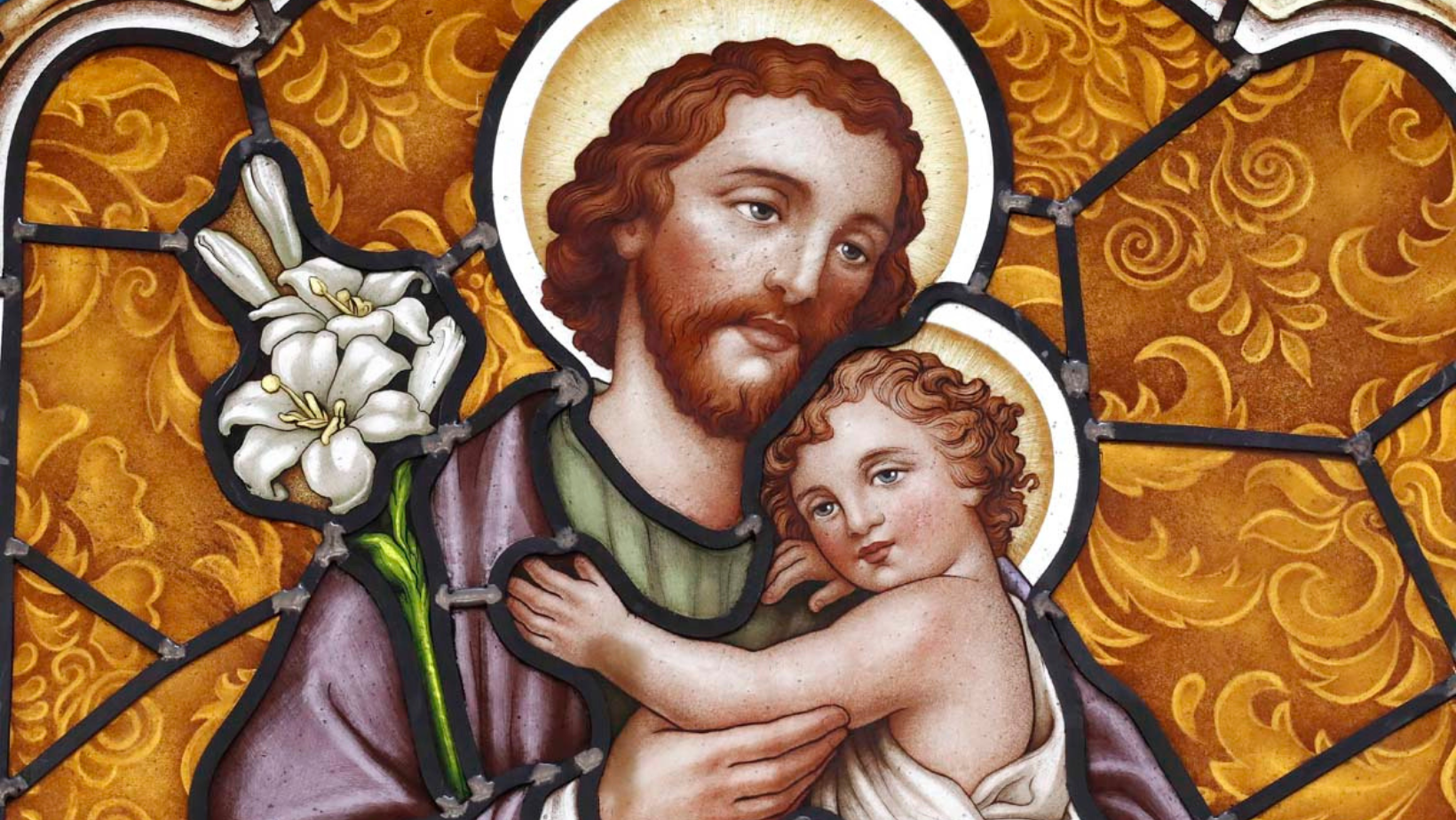One-third of all traffic crashes happen at intersections, and one-fourth of all fatal accidents occur at or near intersections.
What is true in driving is true in life.
There are countless intersections–transition points–through which we must pass. Most of these are incidental and pose little risk, but there are a few which threaten to undo us if not navigated carefully. Many of these intersections are anticipated while some completely blindside us.
- Should I go to college? If so, where? What should I pursue?
- Who should I marry? When should I marry? Should I marry?
- Should I move out-of-state? Submit my resignation? Change churches? Have the medical procedure done?
- How do I forgive my father? Should I file a complaint against my boss? When do I intervene in my daughter’s troubled marriage?
- How do I care for my aging parents? How do I start over after the death of my wife? Help my alcoholic son? Deal with my friend’s betrayal?
At each major intersection, there is a common theme—letting go. We have to release something to move forward.
- a position, role, right, relationship
- a routine, way of life, plan, security or comfort
- an attitude, opportunity, ambition, hope
Leaving something or someone we love (or even hate) can cause great sadness. It can also bring tremendous anxiety.
It’s the not-knowing-never-been-there situation.
The questions, perceived risks, and lack of options (or the multiplicity of options) create a sense of vulnerability—all of which can be terrifying.
We want certainty, but that’s not how life works.
I think the journey of life is ultimately about letting go of our illusions of control. And this is what faced Joseph, the earthly father of Jesus.
He met the love of his life. Marriage, family, and a bright future were in motion. And then Mary his fiancé drops the bomb. She tells him she is pregnant. His world and all that he had dreamed of came crashing down in an instant.
He is afraid.
What do? Where go? Who tell? What if?
While Joseph is pondering his next steps, an angel appears and tells him, “Do not be afraid to take Mary home as your wife, because what is conceived in her is from the Holy Spirit” (Matthew 1:20).
On what basis is Joseph to not fear? Because what is conceived in Mary is from the Holy Spirit. In other words, this is God’s doing.
Joseph’s new situation was the result of a sovereign and loving God’s hidden ways. It was no accident. It was not happenchance. No, God was (and is) in control, ruling his universe, working out every detail according to his plans.
This is one of the great promises tucked away in the Christmas story.
No matter how crazy our lives might be or get, God is in charge, and everything that comes the believer’s way is designed for our benefit and his glory.
God is on the throne. This should give us incredible peace.
If we believe it.
Pastor and popular author Mark Batterson writes, “Most of our emotional problems are symptoms of one deep-rooted spiritual problem: Lack of trust in the sovereign God.”
We try to control our circumstances and others around us, all to discover again and again that we have no control. The result is stress.
But we don’t have to sweat. God is in control, and because of that, we are safe.
No wonder one of America’s greatest theologians, Jonathan Edwards (1703-1758), wrote, “Absolute sovereignty is what I love to ascribe to God.”
So don’t be afraid! Believe. Remember: Whatever intersection you find yourself at, God is in control.
He rules the world with truth and grace
And makes the nations prove
The glories of His righteousness
And wonders of His love
And wonders of His love
And wonders, wonders, of His love.


